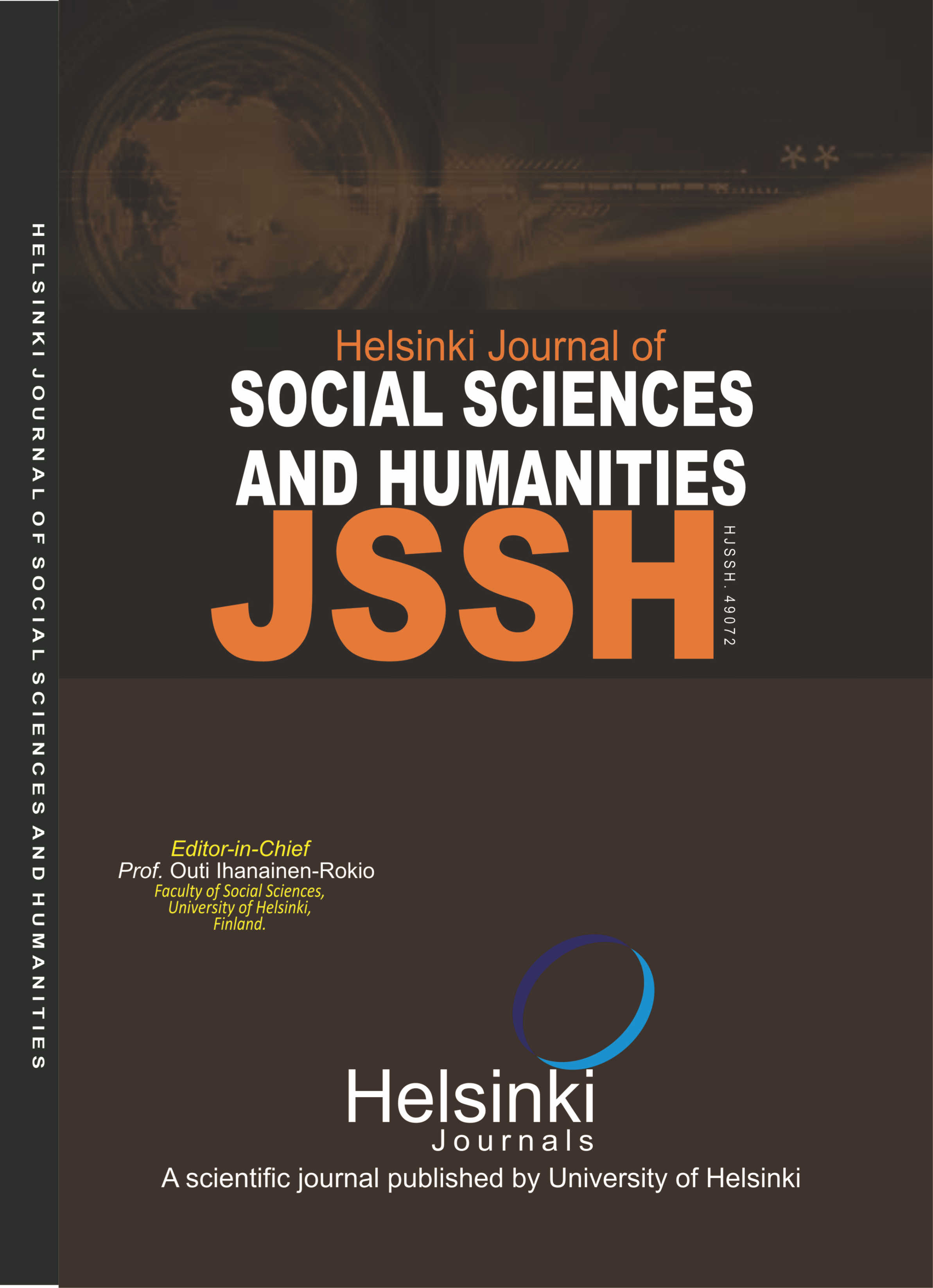HELSINKI JOURNAL OF SOCIAL SCIENCES AND HUMANITIES (HJSSH)
DEVELOPING ACCOUNTING KNOWLEDGE IN A SUSTAINABLE LOCAL AGRIBUSINESS: AKUAFARM IN KUNDASANG, SABAH, MALAYSIA
E-ISSN: 7764-9221
P-ISSN: 3442-3567
DOI: https://iigdpublishers.com/article/571
This paper explores the integration of accounting knowledge in the innovative context of aquaponics agribusiness, focusing on Akuafarm in Kundasang, Sabah, Malaysia. Aquaponics, a sustainable farming system that combines aquaculture and hydroponics, offers resource efficiency and environmental benefits by creating a closed-loop ecosystem where fish and plants support each other. Despite its potential, Akuafarm faces challenges in financial management, including inadequate cost tracking and unstructured accounting practices, which hinder its long-term sustainability. A community service programme facilitated by Universitas Pakuan and Universiti Malaysia Sabah was conducted to address these issues. Held at Akuafarm's premises, the programme emphasised on aligning accounting practices with the demands of aquaponics operations. Key focus areas included distinguishing fixed and variable costs, such as fish feed and equipment maintenance, and implementing a systematic method for recording income and expenses. Revenue streams, including vegetable sales and agritourism, were categorised to improve financial monitoring, while operational costs such as water use and system maintenance were tracked for better resource allocation.
Fasya Fadila, Amelia Rahmi & Mursyid Yusof
Abo-Taleb, H. A., Ashour, M., Elokaby, M. A., Mabrouk, M. M., El-Feky, M. M. M., Abdelzaher, O. F., Gaber, A., Alsanie, W. F., & Mansour, A. T. (2021). Effect of a new feed Daphnia magna (Straus, 1820), as a fish meal substitute on growth, feed utilization, histological status, and economic revenue of grey mullet, Mugil cephalus (Linnaeus 1758). Sustainability, 13(13), 7093. https://doi.org/10.3390/su13137093
Aitwar, V., & Gurphale, N. (2023). Aquaponics: An integrated farming system for food security. 5, 183–185.
Datta, S., Mahapatra, B. K., Bhakta, J. N., Bag, S. K., Lahiri, S., Mandal, R. N., & Jana, B. B. (2018). Aquaponics: A green and sustainable eco-tech for environmental cum economic benefits through integration of fish and edible crop cultivation. In Wastewater management through aquaculture (Chapter 10, pp. 207-224). Springer Nature Singapore Pte Ltd.
Goda, A. M. A. S., Aboseif, A. M., Taha, M. K. S., Mohammady, E. Y., Aboushabana, N. M., Nazmi, H. M., Zaher, M. M., Aly, H. A., El-Okaby, M. A. S., Otazua, N. I., & Ashour, M. (2024). Optimizing nutrient utilization, hydraulic loading rate, and feed conversion ratios through freshwater IMTA-aquaponic and hydroponic systems as an environmentally sustainable aquaculture concept. Scientific Reports, 14(1). https://doi.org/10.1038/s41598-024-63919-7
Ismail, H., & Joriah, S. (2019). Accounting practices in small and medium enterprises: A Malaysian perspective. Malaysian Journal of Accountancy, 17(4), 88–101.
